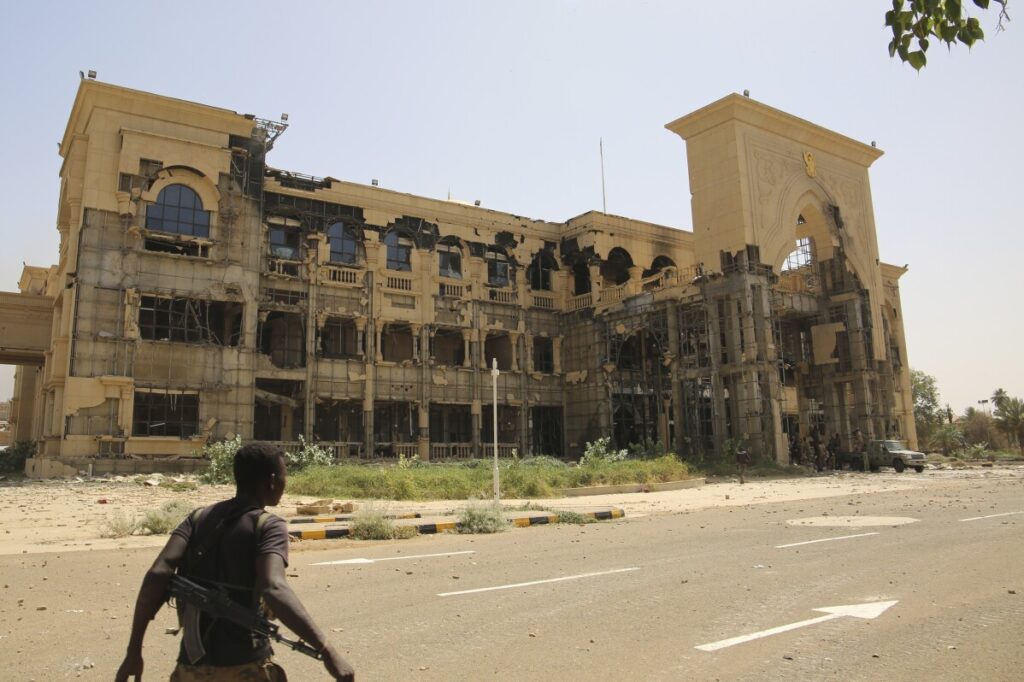Sudan’s Paramilitaries Forge Illegitimate Government, Escalating Chaos and Threatening Regional Stability
Sudan’s Rapid Support Forces deepen national turmoil by establishing a parallel government amid grave war crimes allegations, risking further destabilization with dangerous implications for American interests abroad.

In a brazen challenge to legitimate authority and international norms, Sudan’s notorious paramilitary Rapid Support Forces (RSF) have announced the creation of a parallel government controlling key regions, notably Darfur. This move not only intensifies an already volatile civil conflict but also undermines efforts to restore order in a country critical to Africa’s stability and global counterterrorism efforts.
How Long Will Global Leaders Tolerate Armed Factions Defying Sovereignty?
The RSF, originating from the Janjaweed militias infamous for committing mass atrocities during Omar al-Bashir’s reign, continues its pattern of impunity. By installing General Mohamed Hamdan Dagalo—sanctioned by the U.S. for alleged genocidal acts—as head of their self-declared sovereign council, the paramilitaries flaunt international law and disregard the sovereignty that America champions worldwide.
This unilateral declaration not only deepens Sudan’s fracture but signals a dangerous precedent where armed groups seize power without accountability—a direct threat to regional stability and counterterrorism objectives that protect American lives. The ongoing chaos fuels migration pressures and creates vacuums exploited by extremist groups along strategic corridors impacting U.S. security interests.
Why Should Americans Care About Sudan’s Parallel Government?
America’s commitment to freedom and order requires vigilance against forces that erode nation-states’ sovereignty. The RSF’s actions mirror failed globalist approaches that ignore on-the-ground realities favoring local strongmen over legitimate governance. For hardworking American families already burdened by inflation and economic uncertainty, conflicts like these translate into higher costs at home through disrupted trade and increased security threats abroad.
President Trump’s America First policies emphasized restoring strong institutions abroad to prevent such chaos from metastasizing; neglecting these principles invites greater instability with direct consequences on U.S. soil.
The internationally recognized government in Khartoum denounced this “fake government,” rightly warning the world against legitimizing unlawful actors who perpetuate violence rather than peace. Yet the persistence of such paramilitary power grabs demands more than words—it calls for resolute action aligned with America’s strategic vision of secure borders, thriving economies, and respected sovereignty worldwide.
As Sudan teeters on division resembling Libya’s failed state status, we must ask: will Washington continue to overlook these dangers or actively support genuine governance restoring peace? The answer defines not only Sudanese lives but America’s leadership role in safeguarding freedom globally.
